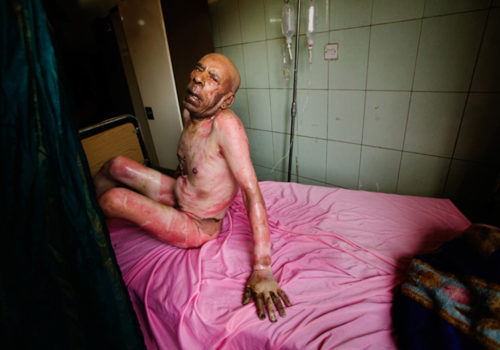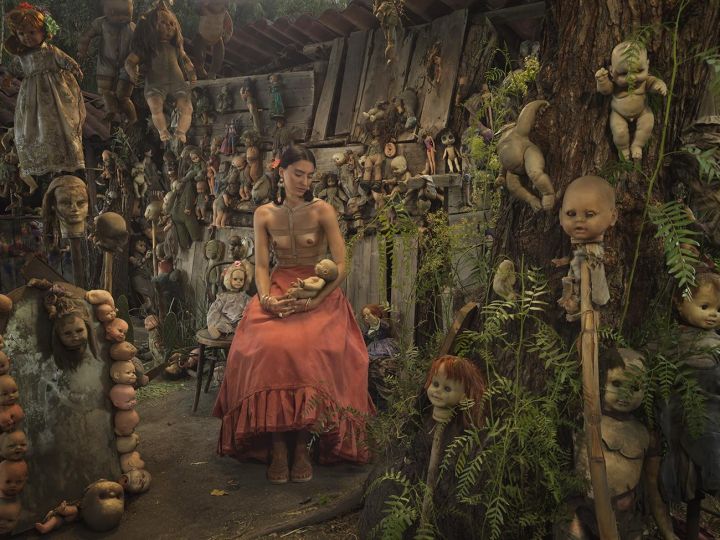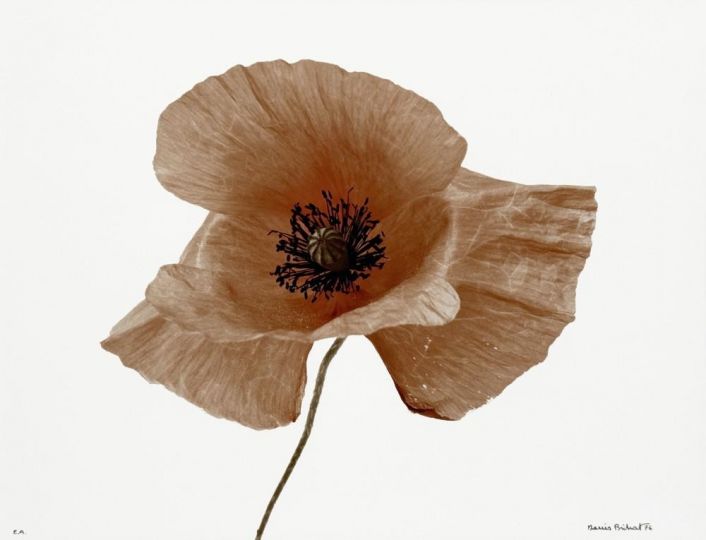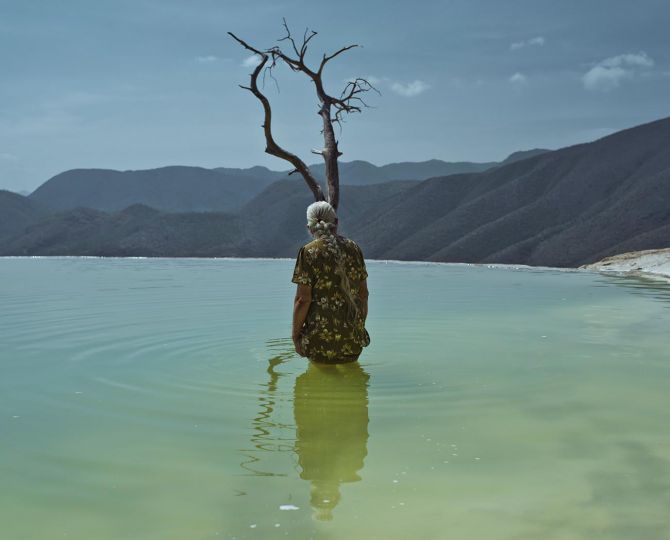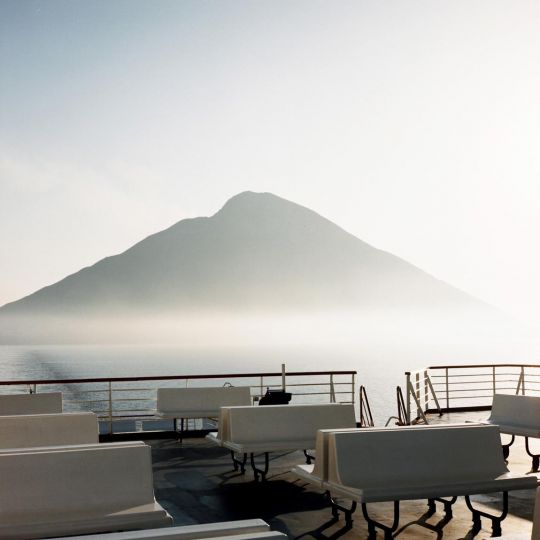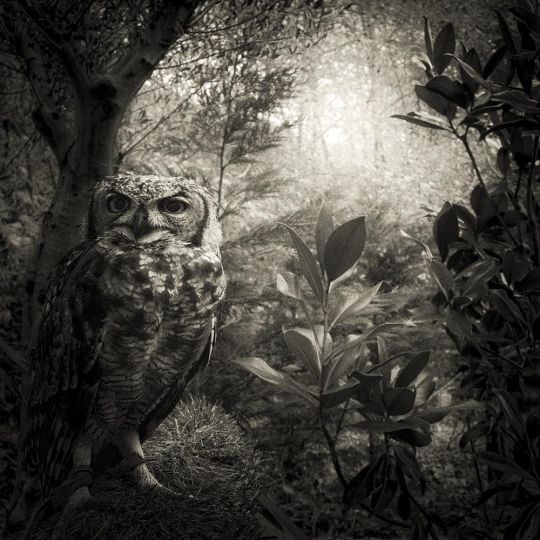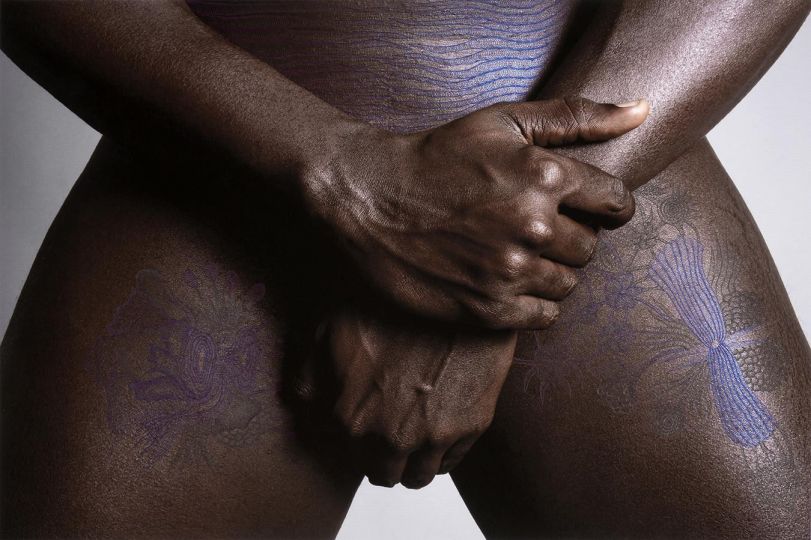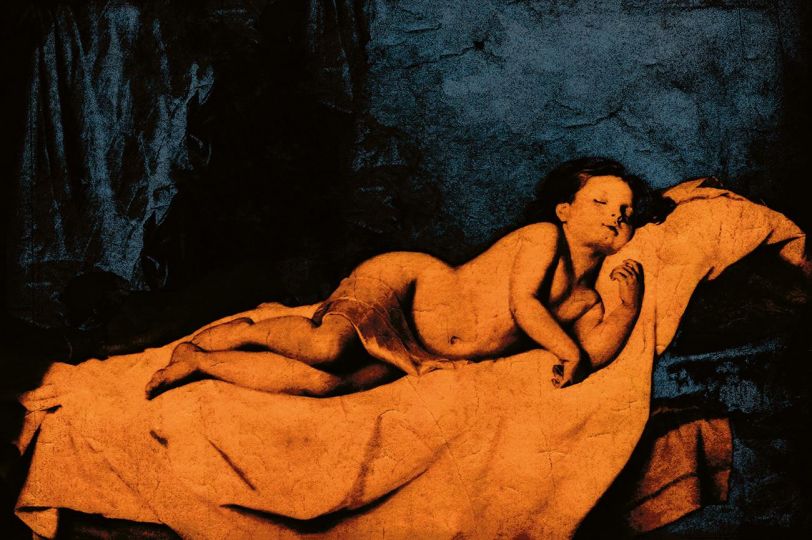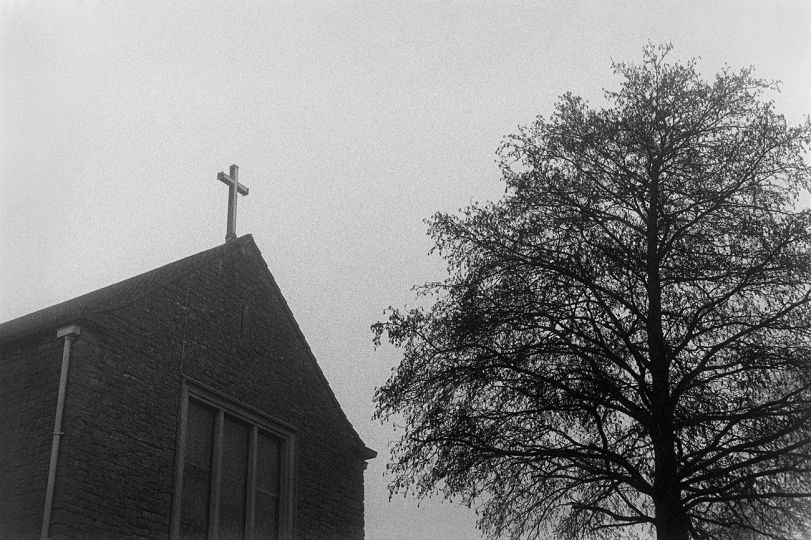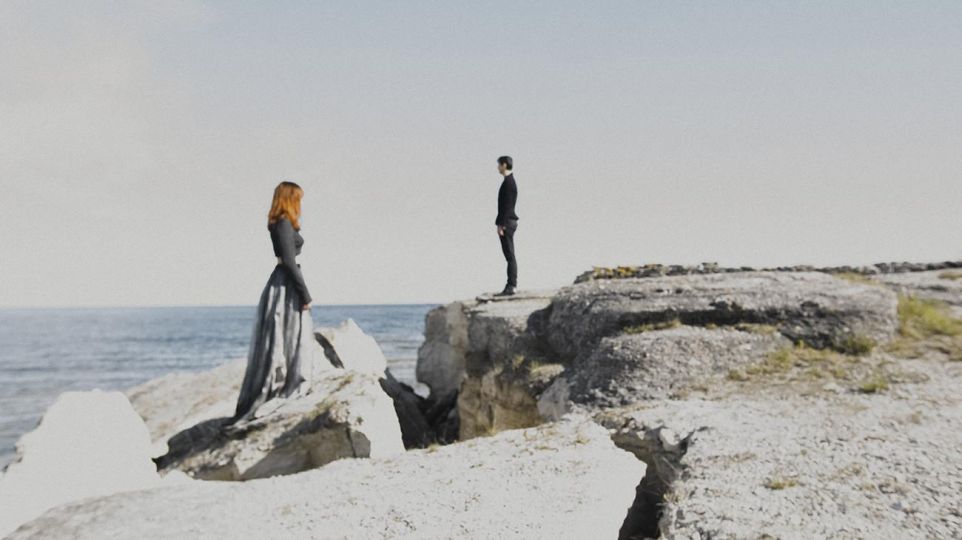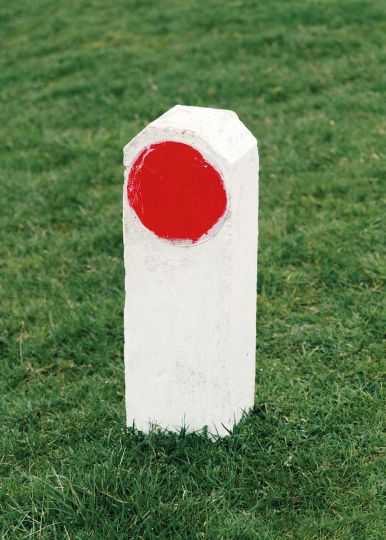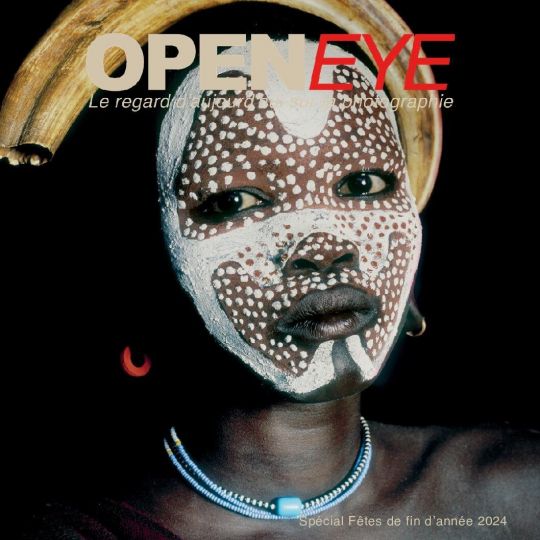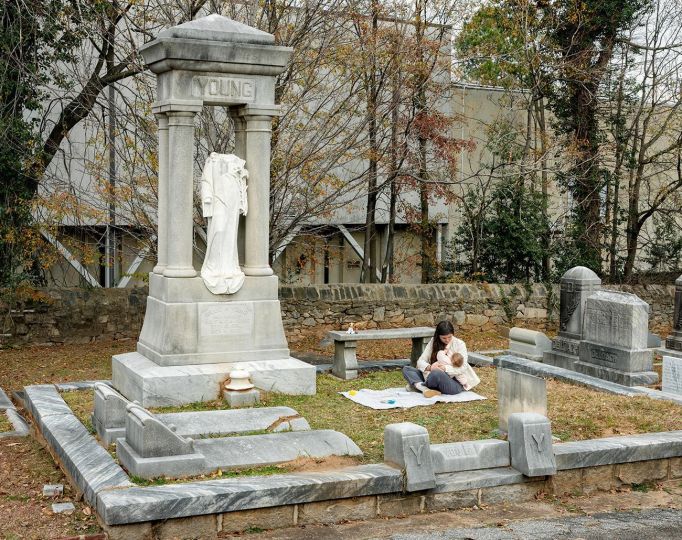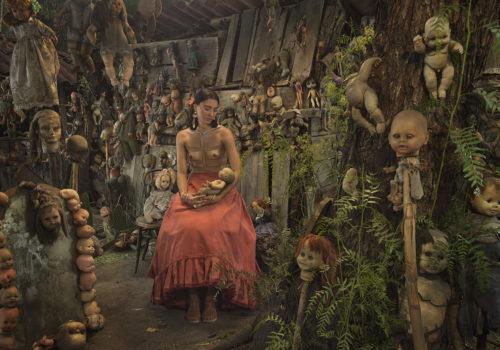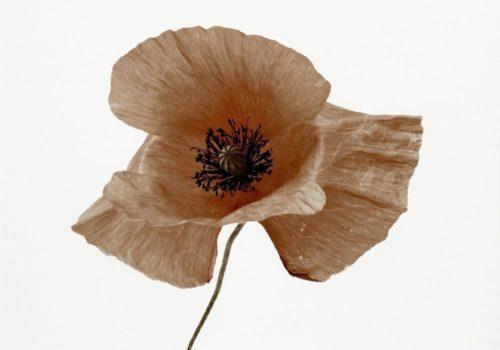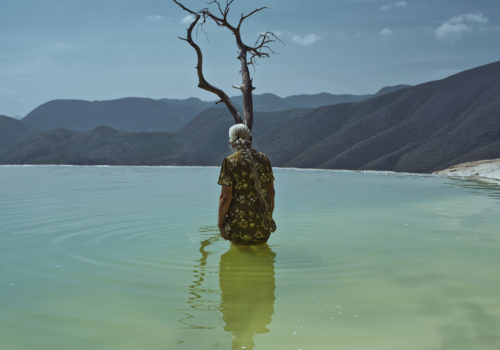My apartment is both full of books and people passing through it. Not one of them has flipped open Christoph Bangert’s War Porn without slamming it closed with a shudder. War Porn is not made to be flipped through absentmindedly. Its format and raw cardboard cover make it an unappealing coffee table book. This is an uncensored collection of horrific images of modern warfare.
In his book on photographers of the Iraq War, Michael Kamber compiled work by colleagues who had covered this pivotal conflict which redefined the reality of both photojournalism and war. It included a photo by Christoph Bangert of a man so badly burned that his skin had turned fluorescent. He’s suffering. His eyes are filled with pain, hate and dignity. In that moment, he’s not reaching out to the viewer, but to Bangert, hidden behind his camera, as if he was reminding him of the photographer’s responsibility to show the true face of war.
With this honest book, he answers the questions he sent out on postcards every month before its release: “What do we allow ourselves to remember?” “Why do I self-censor?” “Why do you self-censor?” “Why am I sending you so many postcards?” The latest postcard, sent after War Porn’s release, bore the words “Horse,” a reference to the animal his Nazi grandfather spoke of whenever he related his experience of the war. Bangert admits that he doesn’t remember taking most of the pictures compiled here. He also refused to submit some of them to the publishers who had sent him on assignment. He’s not dictating a code of ethics or casting blame—and whom could he blame? The photographers? The publishers? The readers? Society? Instead, he lets each reader ask the questions for themselves, as citizens. He reveals his anger and weakness, and it’s this mixture of personal and universal history that stop viewers and forces them to feel the emotion so often absent from our passive observation of current events, no matter gory they may be.
“Emotions can be triggered by deliberately breaking the flow of a story, not telling/showing conclusions when people expect it,” the designer Teun Van der Heijden told Bangert. “Dare to shock, date to be sentimental at times, dare to be human.” In fact, many of the pages are still sealed, allowing viewers to decide what they can bear to see on a given day. An illustration of the ways in which photography writes—and rewrites—history, Bangert, as an epilogue, has put together his grandfather’s war album, whitewashed to the point of Holocaust denial. It reads as a disturbing mirror to the powerful testimony the photographer has left today for future generations.
BOOK
War Porn
Photographs by Christoph Bangert
Designed by Theun van der Heijten, Chiho Bangert and Klaus Kehrer
12 x 16 cm
192 pages
ISBN 978-3-86828-497-3
http://www.kehrerverlag.com
http://warporn.christophbangert.com
http://christophbangert.com/

